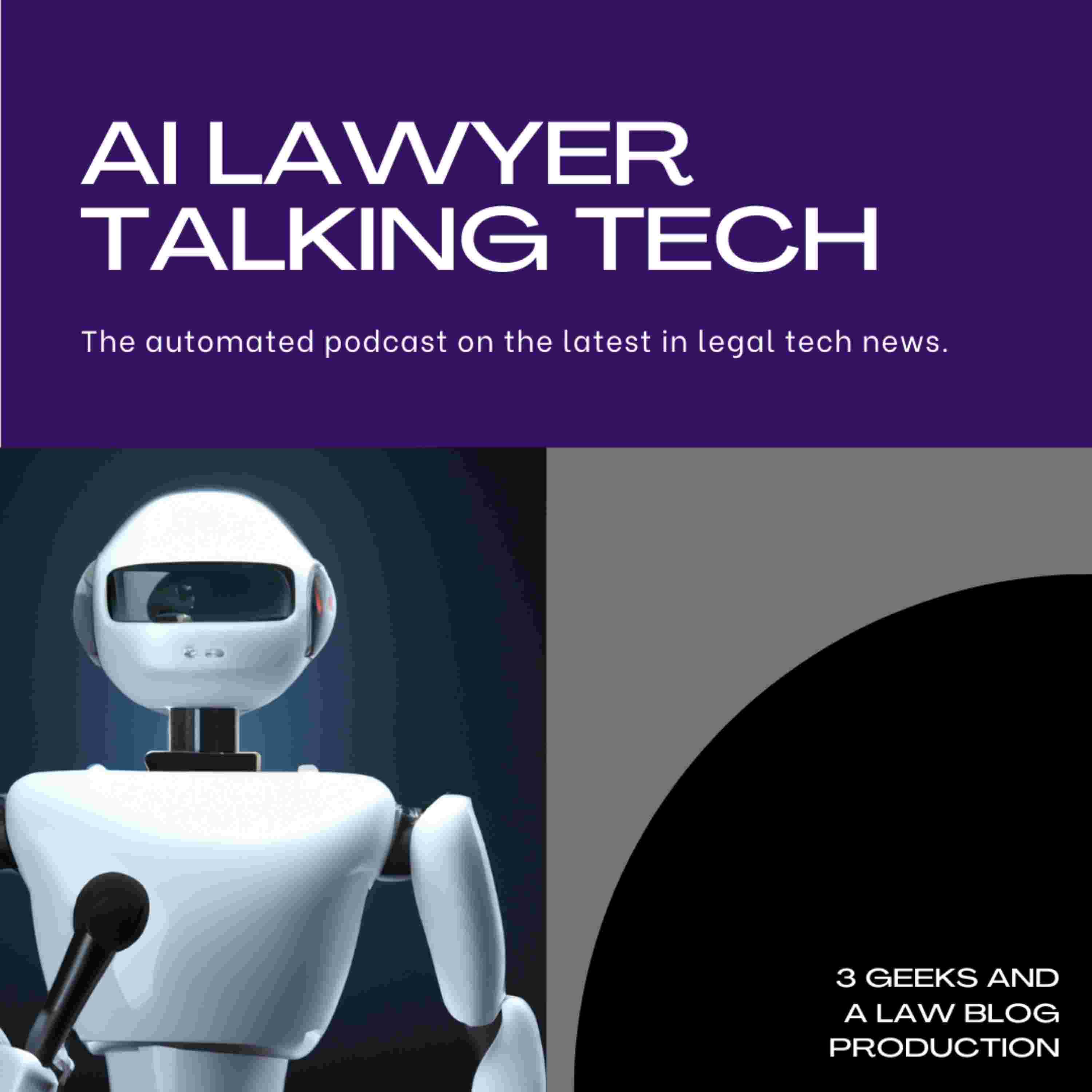

The legal world is undergoing a profound transformation as artificial intelligence (AI) rapidly reshapes practice and regulatory boundaries, demanding immediate adaptation from professionals. This shift introduces high-stakes challenges, particularly concerning ethical integration, the protection of sensitive client confidentiality, and the integrity of AI outputs, which occasionally fabricate case citations (or "hallucinate"). Lawyers must contend with protecting various forms of client data, including Protected Health Information (PHI) and location data collected by third parties, while establishing that AI systems provide defensible, transparent reasoning rather than functioning as a "black box". In response, governments globally are accelerating the creation of comprehensive frameworks, such as the planned UK AI bill, California's stringent ADMT regulations governing employment decisions, and new data privacy acts like MODPA, alongside state-level pilot programs testing alternative legal business models. This new landscape demands that law firms embrace responsible AI adoption, utilizing structured governance models—like the "pilot, govern, verify, scale" approach—to maintain professional duty and secure a competitive advantage. Far from displacing attorneys, AI integration is expanding the need for human experts in high-growth specialties such as AI & Technology Law, consequently focusing legal roles on critical judgment, strategic negotiation, and risk shifting where human oversight is indispensable. Today, we explore how legal professionals are managing these complex shifts by prioritizing transparency, compliance, and rigorous human oversight in an increasingly automated world.
Holding back the AI waves
2025-09-29 | Law Society Gazette
Using AI in marketing – how to lead with transparency
2025-09-28 | Legal Futures
AI Chatbot Confidentiality: Legal Experts Debate Privileged Protections
2025-09-28 | IndexBox
Why Libraries Matter Now More than Ever to Democracy: Legal Issues Affecting the Future of Public Knowledge
2025-09-28 | Seattle University
Could AI Adoption Create MORE Jobs for Lawyers? The Current Demand for Radiologists Says Maybe.
2025-09-28 | Debevoise Data Blog
Claude AI Powers Law Practice — Winning Court Cases AI Never Won Before
2025-09-27 | Metapress
Law Firms Turn Skepticism into AI Champions: Pilot Govern Verify Scale
2025-09-27 | Windows Forum
Salomon v Salomon: When Property Law Meets Robotics: Lessons from Corporate Liability and the Ameca…
2025-09-27 | Legaltech on Medium
Minor Coordinates, Major Concerns: FTC Case Signals Collecting Location Data Isn’t Child’s Play
2025-09-27 | Perkins Coie
White House Pushes Back on Microchip Export Restrictions, and AI Leads White House R&D Budget Priorities — AI: The Washington Report
2025-09-27 | Mintz Levin
Privacy Laws To Change For Some Americans On October 1
2025-09-26 | Newsweek
Tech Task Force Final Report Released
2025-09-26 | Washington State Bar News
Why the success of the iManage platform is fueling AI Confidence™ in legal tech
2025-09-26 | IManage.com
Edelson Lechtzin LLP Investigates Data Breach Incident in Depth
2025-09-26 | InvestorsHangout.com
The Lawhive Acquisition: The Shape Of Things To Come
2025-09-26 | Above The Law
The Complicated Ethics (and Laws) of Smart Glasses
2025-09-26 | Lifehacker
Birmingham Tech Week - AI, big tech & ethics
2025-09-26 | Pinsent Masons
Understanding Australia’s Legal Backbone for Data Sovereignty
2025-09-26 | Legal Reader
Ethical AI in practice and what legal leaders need to know
2025-09-26 | Raconteur
Register Now: AI Essentials: Custom GPTs Live Online Course
2025-09-26 | AILA
GenAI-drafted grievances are clogging up employment tribunals
2025-09-26 | Raconteur
News Wrap: HSF Kramer, Gunderson, Everlaw, Law Punx +
2025-09-26 | Artificial Lawyer
The Reddit Debacle – A Response
2025-09-26 | Artificial Lawyer
WhyBeyond Black Box AI: Why Explainability Is Non-Negotiable in Legal Tech
2025-09-26 | Legaltech on Medium